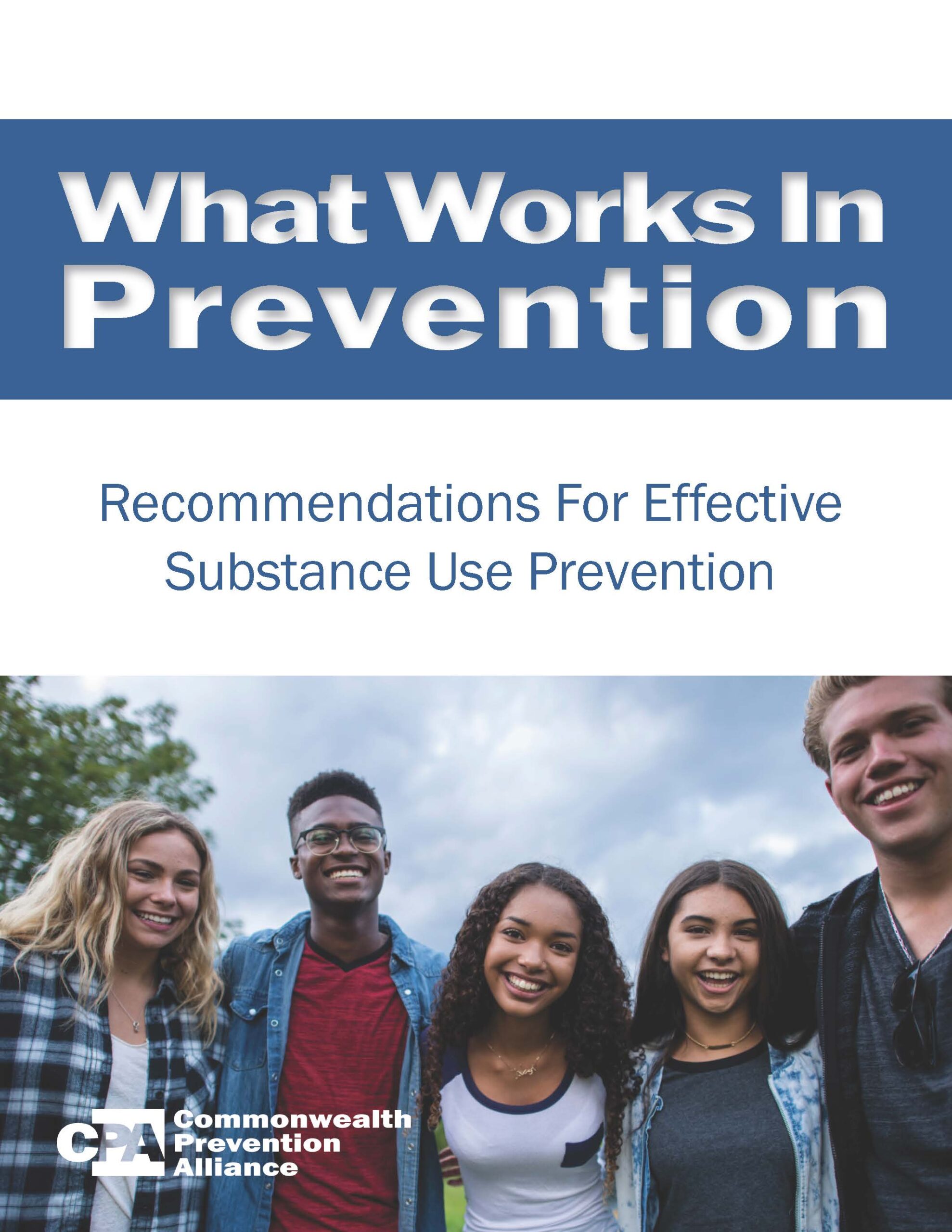Recommendations for Effective Substance Use Prevention
Prevention of substance use and substance use disorders is focused on creating a healthy environment for youth and families through community change and supports. This approach is centered on decreasing risk factors such as family conflict, lack of commitment to school, and access to drugs and alcohol while increasing protective factors like connections to the community, learning refusal skills, and academic support (Washington State Health Care Authority, 2020).
Over time the knowledge and research base for the prevention field has grown. Through this growth we have learned that not all prevention strategies are effective. Some strategies have been found to be ineffective or have very mixed or limited evidence that make their effectiveness unlikely or unclear.
Because we aim to do good work, we have an ethical obligation to use the information we have about what does and doesn’t work in prevention to implement the most effective prevention strategies we can. We can’t simply rely on good intention, but instead must rely on the best available evidence to implement prevention strategies that work and avoid those that don’t (Washington State Health Care Authority, 2020). While we have multiple resources to learn more about effective prevention strategies, the evidence on strategies that may be ineffective is less readily available.
Many of the strategies frequently regarded as ineffective are highlighted in this document. Each of these strategies is summarized to include research currently available and conclusions that can or can’t be drawn about effectiveness. Some of these strategies have little to no research available on their effectiveness, and in those cases, the theoretical basis for avoiding the strategy has been outlined.



